
CPJ and TrustLaw: Know your rights guide for journalists in India
The Committee to Protect Journalists has been responding to the needs of journalists in India as they confront a range of challenges, from criminal action to online abuse, and learn to navigate an increasingly hostile environment for the press. Developed in collaboration with TrustLaw—the Thomson Reuters Foundation’s global pro bono service—this guide covers the legal…
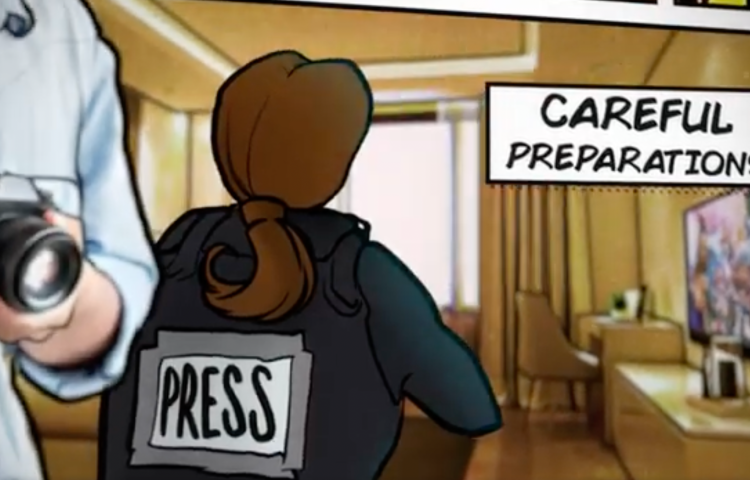
CPJ launches safety videos to support journalists covering unrest globally
Journalist assistance requests rose 24% in 2022 New York, February 16, 2023—The Committee to Protect Journalists on Thursday launched three new safety videos providing practical guidance to journalists covering unrest worldwide. Drawing on the organization’s expertise in emergency protection and safety, the videos will help journalists mitigate risk when covering protests and demonstrations. Reporting on…
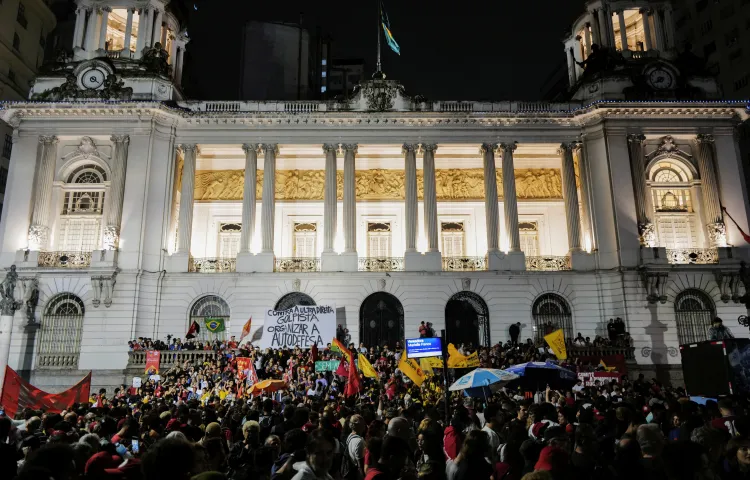
Legal aid resources in Brazil: A guide for journalists facing legal action
For a journalist facing criminal or civil lawsuits in retaliation for their reporting, having access to relevant legal advice and resources to finance their legal representation can mean the difference between a prison sentence and freedom, censorship and the free flow of information, being economically suffocated or having the ability to continue reporting. In recent…
CPJ and TrustLaw: Know your rights guide for journalists in Canada
CPJ Emergencies has been responding to the needs of journalists in Canada as they confront a range of challenges, from protests and demonstrations to police confrontations, and learn to navigate what has unfortunately been for many journalists an increasingly hostile environment. This guide covers legal rights journalists have, and risks they may face, when…

Psychosocial safety: Covering gun violence in your community
Reporting on gun violence takes a toll on all journalists. But there are unique pressures for those covering gun violence in their own communities. These journalists sometimes cover mass shootings that become national and international stories, but they often cover everyday gun violence: neighborhood shootings, gang violence, domestic violence, and suicide. Download the PDF: English…
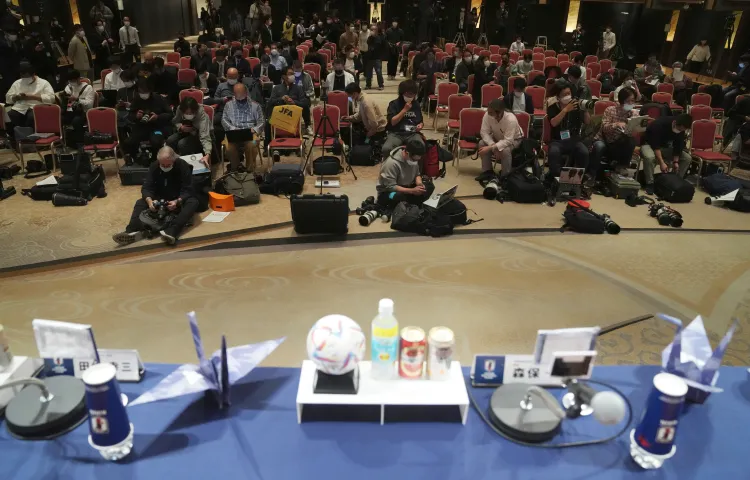
CPJ Safety Advisory: Covering the 2022 World Cup
The 2022 FIFA World Cup takes place in Qatar from November 20 to December 18, the first World Cup to be held in the Arab world, and said to be the biggest sporting event held in the Middle East. Journalists working in the small nation bordering Saudi Arabia have faced digital security threats, legal issues,…
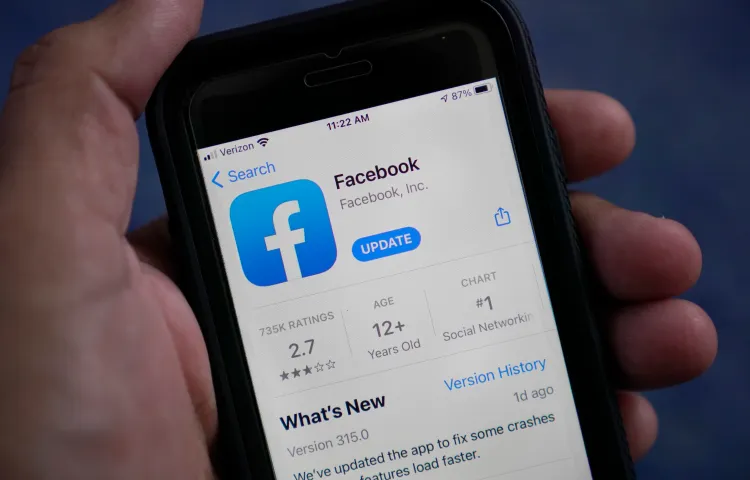
Digital safety: Using online platforms safely as a journalist
Journalists use a wide range of online platforms to distribute their work and communicate with sources and audiences. Platforms that allow interaction with others, like social media, wikis that allow collaborative editing, or content hosting services like WordPress and Substack, can all present security issues for you and others in your networks. There are, however,…

U.S. midterm election 2022: Journalist safety kit
The U.S. midterm elections will be held on Tuesday, November 8, 2022, in an increasingly polarized political climate. During this midterm election year, all 435 seats in the House of Representatives and 35 of the 100 seats in the Senate will be contested. Online abuse and digital threats to journalists have been steadily increasing, as…
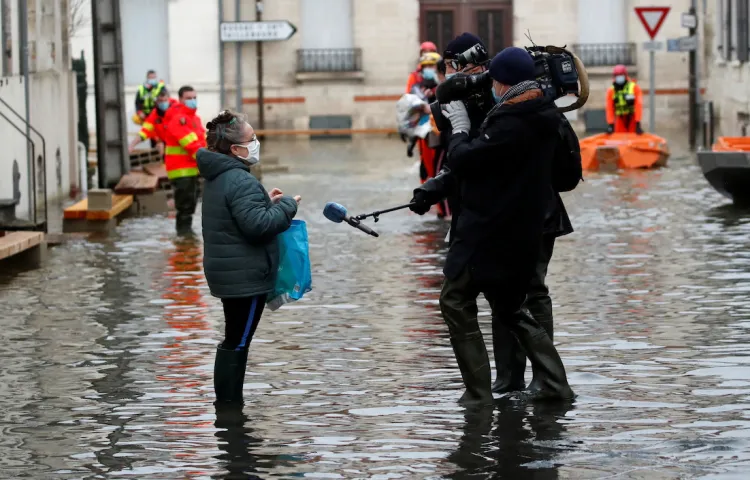
Physical Safety: Reporting during flash floods
Rising global temperatures are increasing the potential for flooding. Floods can occur not only during heavy rains, but also when ocean waves are being pushed onshore, when snow is melting quickly, or when dams or levees break. Flash floods are particularly dangerous, because they combine the destructive power of a flood with incredible speed. Flooding…
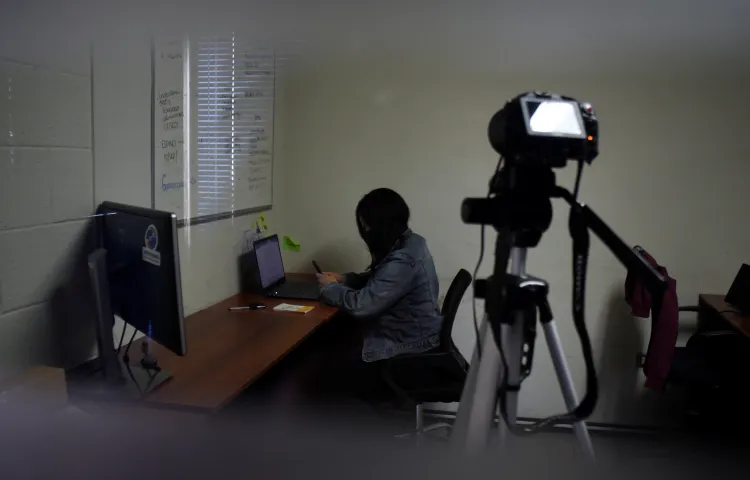
Digital safety: Adversarial or confrontational sources
Reporting can involve researching and contacting people who pose a threat to you or the media outlet you work for. Using personal devices and accounts to do so could expose you to harassment and identity theft, since using your phone or the internet can reveal information about you and your location such as your email…